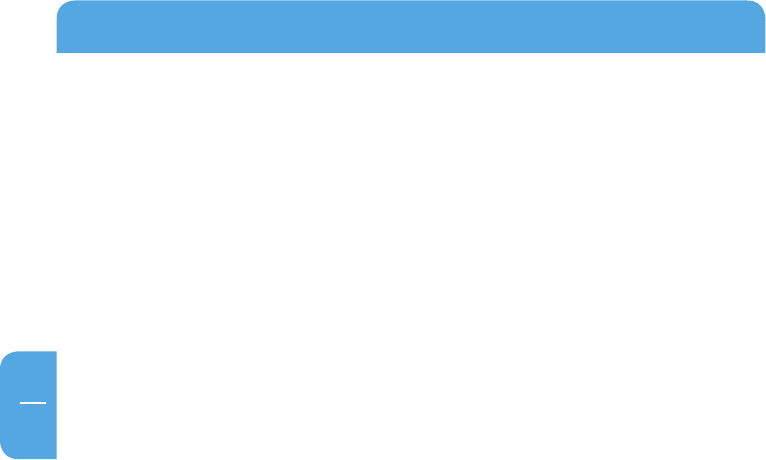
114
Freecom MusicPal
EN
Domain Name Server
The computer address is difficult to read, which is why a second system is used in the
Internet by the name of DNS (Domain Name Server). This translates human-readable
names such as www.sharemydisk.com into computer readable names like 82.161.11.206.
Each Internet user must have an IP address. You do not need the human-readable name,
but it is quite useful if you want other users to find you. A few examples of this include:
if you operate a web server or if you want to show your friends images stored on your
computer. Many large companies such as ISPs maintain their own DNS server and let
their customers use the server to search for addresses.
Internet address classes
The Internet Assigned Numbers Authority (IANA) allocates certain blocks of addresses to
organizations. Individual users or small organizations can obtain their addresses either
from the IANA or from an Internet service provider (ISP). You can visit the IANA homepage
at www.iana.org. The IANA issues different class of IP addresses. There are five standard
classes of IP addresses. They are:
Class A
Class A addresses can have up to 16,777,214 hosts on a single network. They use an eight-bit network
number and a 24-bit node number. Class A addresses are in this range: 1.x.x.x to 126.x.x.x.
Class B
Class B addresses can have up to 65,354 hosts on a network. A Class B address uses a
16-bit network number and a 16-bit node number. Class B addresses are in this range:
128.1.x.x to 191.254.x.x.
Class C
Class C addresses may have up to 254 hosts in one network. Class C addresses use 24 bits for
network addresses and eight bits for nodes. They range from 192.0.1x to 223.255.254.x.
Class D
Class D addresses are used for multicasts, in other word messages sent to multiple hosts.
Class D addresses range from 224.0.0.0 to 239.255.255.255.
Class E
Class E addresses are for experimental purposes. For each unique value in the network por-
tion of the address, the range base address (the host address contains only zeroes) is known
as the network address and is not usually assigned to a host. The top address of the range
(host address contains only ones) is unassigned. It is instead used as the broadcast address
for sending a data packet to all hosts with the same network address simultaneously.


















